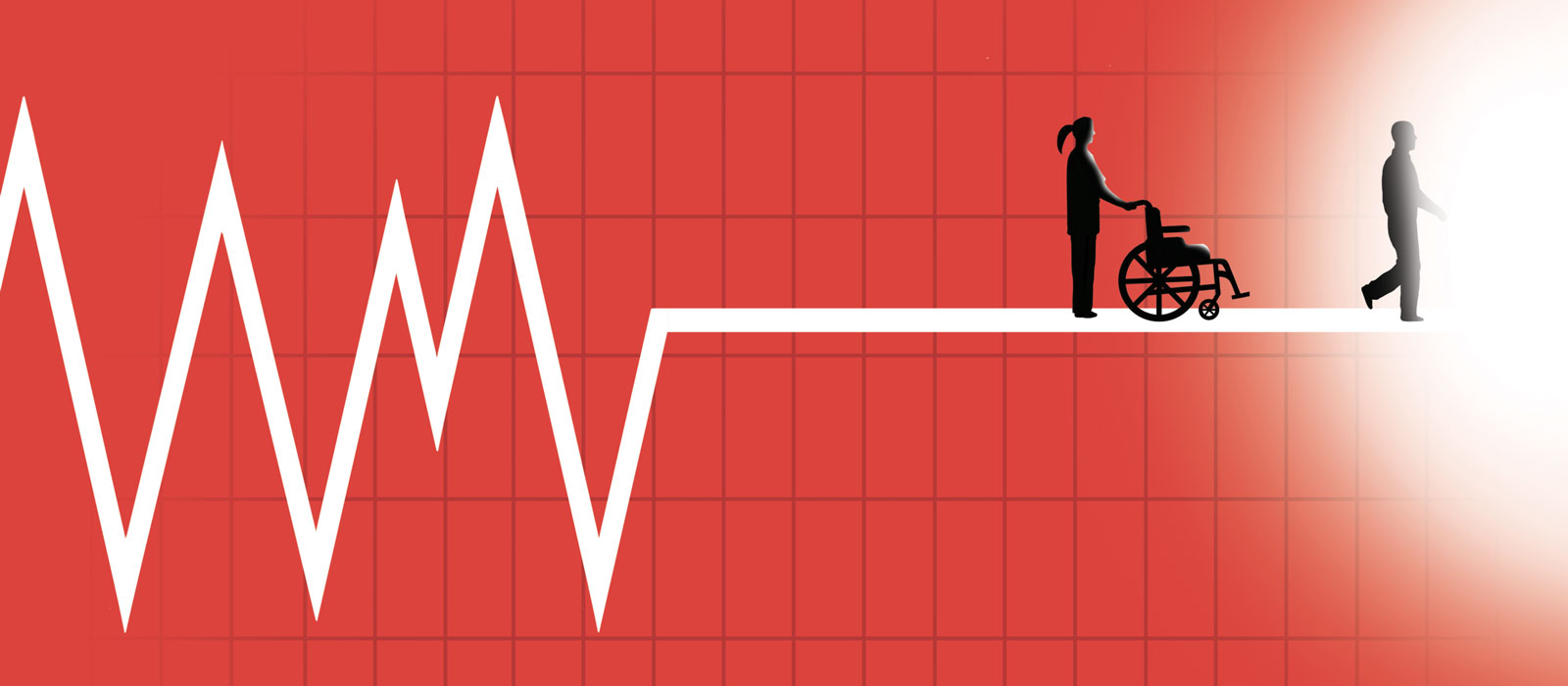Medicine was once the specific vocation to fight against death but has now become a tool in compassionate dying. In other words, medicine and its tools no longer have healing or the relief of pain as their goal but aiding and assisting those who have determined their lives are not worth living and making this decision for those who cannot or will not make this decision for themselves. Canada, often the precursor of what will eventually happen in America, introduced the idea of medical aid in dying for adults with “enduring and intolerable suffering” and who can “reasonably foreseeable death.” In 2021, Bill C-7 was passed, which legalized medical aid in dying for those struggling with mental illness -- a population that is already prone to increased suicidal desire or attempted suicides. Now it is being introduced on behalf of those for whom traditional treatments or avenues of relief for their physical ills is either impossible to find or delayed for whatever reason. Therefore, impoverished people are turning to medical aid in dying, in part, out of desperation because they lack access to the resources for the treatment of their ills. In other words, if the medical system is broken or cannot or will not provide the treatment you desire or require, that in and of itself justifies access to medical aid in dying.
It is not death which is the problem or illness or affliction but suffering -- literally any kind of suffering (physical, emotional, spiritual). The job of the medical professional is now not only to address the problem or illness or affliction but to offer a way out of any suffering but especially that suffering which is considered more than anyone should have to bear. As one commentator put it, while many are “dying for the right to live,” others are "living and agitating for the right to die."
The impetus for medical aid in dying is not simply compassion on the suffering that those who seek this aid have said they endure, the reality is that medically assisted deaths could save millions in health care costs throughout the world but especially in the aging populations of the West. If you want it put as bluntly as possible, body bags are cheaper than treatment and certainly less expensive than the virtually inaccessible palliative beds of nursing homes and hospitals everywhere. So, because we have decided that we either cannot afford or refuse to afford the cost of therapeutic or palliative care, compassionate death is a more effective and efficient. All of this, of course, comes with a cost and that is the redefinition of what medicine itself means.
In 2021, Canada euthanized 10,000 people of various ages. Since its legalization in 2016, it has not only become normal and mainstream, medical assistance-in-dying (MAID) has even been performed in a church in Manitoba. This gives to the medically assisted death (a strange oxymoron) not only a legitimacy but a standing as a quasi-sacramental rite in which the faith makes holy what is essentially a secular act. Though this church called it a “crossing over” ceremony hoping to connect the medically assisted death to the Christian home of some kind of sanctified existence beyond death, there is little parallel here to the commendation of the dying and the funeral rite with its focus on death that has been overcome with the life of Christ. Where Christianity gives to the body and the life of the embodied person a dignity from God's creation and redemption, this agitates against the intrinsic value of life and the body.
Already Canada and parts of Europe have fully embraced the change of medicine into the healing care of those living to prolong and make their lives better. But America has embraced this in theory even though we have not yet encased this in law or legal practice. Be assured of this, it is coming. It comes not from the radicals but from the ordinary and those within our pews who have decided that the world is right -- there are things worse than death. Once we make that determination, it is a short hike to having medicine hasten death and the government support this culture of death and pay its bill.

No comments:
Post a Comment